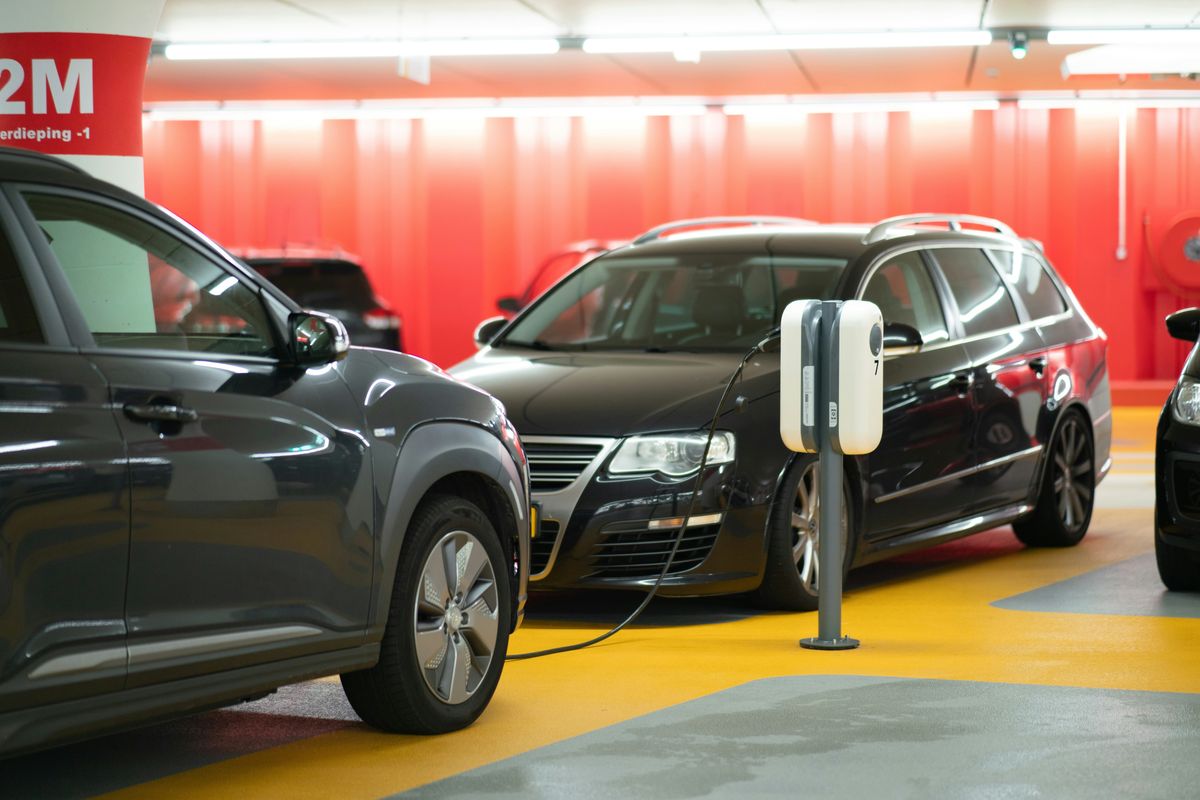Pakistan announces energy vehicle policy to reduce country's dependence on imported fuel
Government targets 30% of all vehicles sold to be EVs by 2030

Javed Mirza
Correspondent
Javed Iqbal Mirza is an experienced journalist with over a decade of expertise in business reporting, news analysis, and investigative journalism. His work spans breaking news, editorial pieces, and in-depth interviews.

Pakistan on Wednesday announced a five-year energy vehicle policy to encourage the transition from conventional fuel to electric, thus reduce the country's dependence on imported oil.
Government of Pakistan has prepared the first draft of the New Energy Vehicle (NEV) Policy for 2025-2030, following consultations with key stakeholders including the International Monetary Fund (IMF), Industries and Production Minister Rana Tanveer Hussain said.
The goal of the five-year New Energy Vehicle (NEV) Policy is not only to mitigate pollution but also to encourage the transition from conventional fuel vehicles to electric vehicles to build a cleaner and greener transportation system.
The government of Pakistan has set ambitious targets for electric vehicles (EVs). By 2030, they aim for 30% of all vehicles sold to be EVs.
By 2040, they want 90% of new vehicle sales to be New Energy Vehicles (NEVs). By 2050, they target 100% of new vehicle sales to be NEVs, and by 2060, they aim for the entire vehicle fleet to be zero-emission.
Rana Tanveer said the government plans to allocate at least 20% of the new special technology zones to companies working on NEV technologies. Government with total investment exceeding PKR 3 billion in first 5 years will also allocate suitable land on low-cost lease for up to 50 years.
Rana Tanveer, the Industry Minister, announced proposed tax incentives of up to 15% customs duty for scooters, e-bicycles, and tricycles, and 25% for four-wheelers like cars, SUVs, vans, and LCVs.
The goal is to increase the EV market share by 30% for two, three, and four-wheelers by 2030 and to establish 3,000 charging stations.
The steering committee on EVs highlighted that Pakistan's oil import bill could rise by $64 billion by 2060. Introducing EVs could save billions in import costs.
Rana Tanveer also mentioned that 31 companies, including some from China, are interested in setting up EV units in Pakistan. The Engineering Development Board is reviewing their applications.
The government has allocated PKR 4 billion for a scheme to incentivize demand for electric two and three-wheelers. They are offering subsidies of PKR 50,000 for two-wheelers and PKR 200,000 for three-wheelers to reduce upfront costs for consumers.
Additionally, the government will give away 120 bikes/scooters for free through a bidding process to promote EV use. They also plan a phased rollout of EV charging stations across major highways, starting with 40 stations, to ensure availability and convenience for EV users.










Comments
See what people are discussing